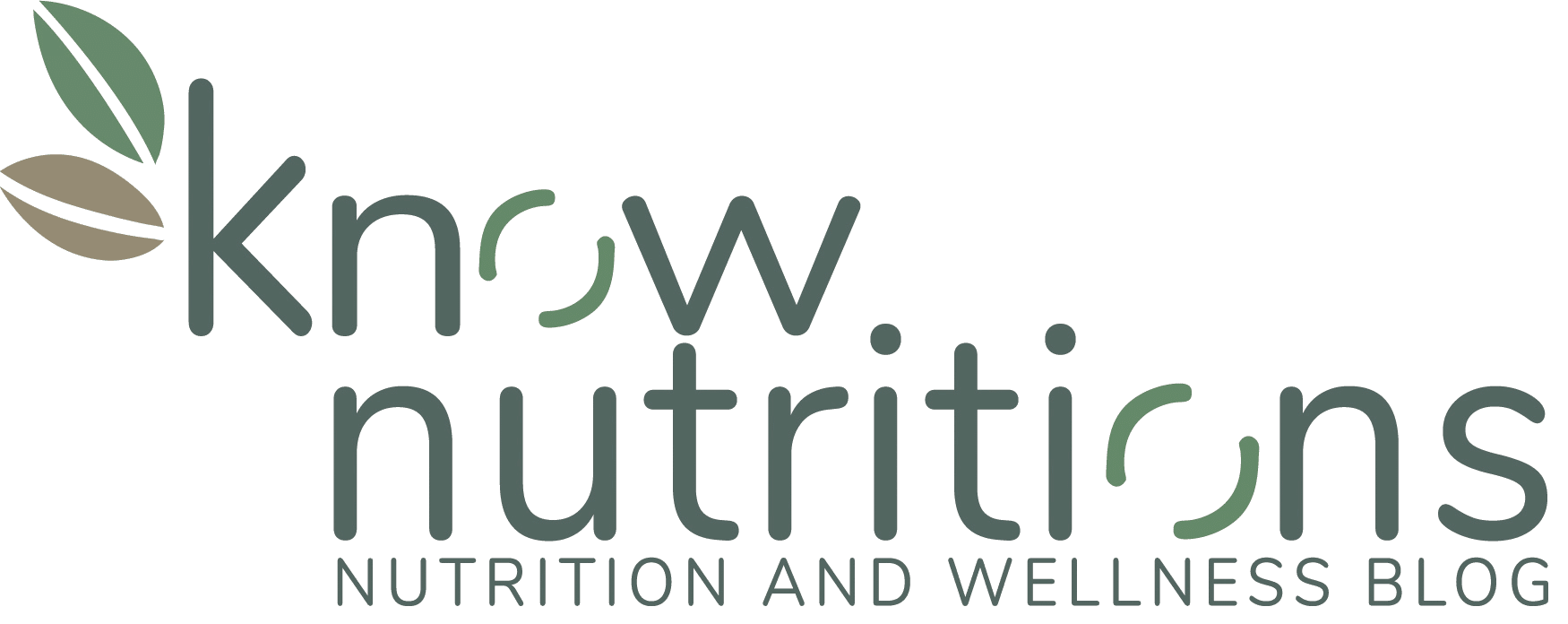Building muscle is a journey that requires dedication, consistency, and a well-structured approach to diet and exercise. However, many individuals unknowingly make mistakes that can significantly hinder their muscle gains. In this article, we will explore the common pitfalls that kill muscle gains, supported by statistics and expert advice. We will also address relevant questions surrounding muscle gains, ensuring you have a comprehensive understanding of how to maximize your results.

Understanding Muscle Gains
Muscle gains occur through a process called hypertrophy, where muscle fibers repair and grow stronger after being stressed during resistance training. This process is influenced by various factors, including nutrition, workout intensity, recovery, and overall lifestyle. To effectively build muscle gains, it’s crucial to avoid common mistakes that can stall your progress.
Common Nutrient Mistakes:
Not Eating Enough Calories
One of the most significant mistakes people make is not consuming enough calories to support their muscle gains. A caloric deficit can lead to the body breaking down muscle tissue for energy instead of building it up. According to research published by the American College of Sports Medicine, individuals looking to achieve muscle gains should consume approximately 10–20% more calories than their maintenance level. This caloric surplus is essential for providing the energy needed for workouts and recovery. Tracking caloric intake can help ensure you are eating enough to support your muscle gains.
For example, let’s consider a sample caloric intake table based on body weight. If someone weighs 150 pounds, their maintenance calories might be around 2,500. To gain muscle effectively, they would need to consume between 2,750 and 3,000 calories daily. A person weighing 180 pounds would have a maintenance level of about 3,000 calories and should aim for a total intake of 3,300 to 3,600 calories. Similarly, someone who weighs 200 pounds would need approximately 3,520 to 3,840 calories daily. This caloric surplus is crucial for achieving significant muscle gains.
| Body Weight (lbs) | Maintenance Calories | Recommended Surplus (10-20%) | Total Daily Calories |
| 150 | 2,500 | 250 – 500 | 2,750 – 3,000 |
| 180 | 3,000 | 300 – 600 | 3,300 – 3,600 |
| 200 | 3,200 | 320 – 640 | 3,520 – 3,840 |
Insufficient Protein Intake
Another critical factor in achieving muscle gains is protein intake. Protein plays a crucial role in muscle repair and growth; not consuming enough protein can severely limit your ability to build muscle effectively. The optimal protein intake for maximizing muscle gains is approximately 1.6 to 2.2 grams per kilogram of body weight per day. This ensures that your body has enough amino acids available for muscle repair.
Incorporating high-quality protein sources into your diet is essential for maximizing your muscle gains. Lean meats such as chicken and turkey are excellent sources of protein. Fish like salmon not only provide protein but also healthy fats that support overall health and enhance your muscle gains. Dairy products like Greek yogurt are rich in protein and can be easily included in meals or snacks to boost your daily intake. Legumes such as beans and lentils are great plant-based protein sources that also offer fiber and essential nutrients necessary for supporting your muscle gains.
Timing your protein intake can further enhance muscle protein synthesis and contribute to better muscle gains. Research suggests distributing protein intake evenly across meals can optimize this process; aiming for about 20–30 grams of protein per meal is a good strategy for anyone looking to increase their muscle gains.
Neglecting Carbohydrates
While protein is vital for achieving muscle gains, carbohydrates are equally important but often neglected in many diets aimed at fat loss. Carbohydrates serve as the primary energy source for high-intensity workouts and play a significant role in recovery after exercise. Many individuals mistakenly reduce carb intake to end up hindering their muscle gains in the process.
The recommended carbohydrate intake varies based on activity levels; athletes should consume between 3 and 7 grams of carbohydrates per kilogram of body weight daily to support optimal performance and recovery while promoting muscle gains. Focusing on whole grains such as brown rice and quinoa, fruits like bananas and berries, vegetables like sweet potatoes and leafy greens, and legumes will ensure you are getting the necessary carbohydrates for optimal performance and significant muscle gains.
Poor Hydration
Hydration is another often overlooked aspect of building muscle that can significantly impact performance and recovery related to your muscle gains. Dehydration can negatively affect strength and endurance during workouts, making it difficult to push through challenging sessions or recover adequately afterward.
The general recommendation for water intake is at least half your body weight in ounces daily; for example, if you weigh 180 pounds, aim for at least 90 ounces of water each day. However, this amount may need to be adjusted based on factors such as workout intensity or environmental conditions like heat or humidity.
Signs of dehydration include fatigue, dizziness, dry mouth, and decreased performance during workouts—each of which can hinder your ability to achieve optimal muscle gains effectively.
Inadequate Recovery
Finally, recovery is just as important as training itself when it comes to building muscle gains. Insufficient rest can lead to overtraining syndrome—a condition characterized by fatigue, decreased performance, and increased risk of injury—which ultimately impedes progress toward your goals related to muscle gains.
Aiming for at least 7-9 hours of quality sleep each night is crucial because sleep plays an essential role in hormone regulation and muscle recovery processes such as protein synthesis and tissue repair necessary for supporting your overall muscle gains.
Incorporating rest days into your training regimen allows muscles time to recover from intense workouts; this recovery period is when actual growth occurs as the body repairs damaged tissues caused by resistance training.

Signs You’re Not Gaining Muscle
Recognizing the signs that you’re not progressing toward your desired muscle gains can help you adjust your approach before it’s too late. One major indicator is stagnant strength levels; if you’re not lifting heavier weights or increasing reps over time despite consistent training efforts aimed at enhancing your muscle gains, it may indicate insufficient stimulus for growth.
Another sign could be a lack of visual changes in your physique after several weeks or months of consistent training and nutrition efforts—if you don’t see any changes in how your clothes fit or how you look in the mirror despite putting in hard work at the gym aimed at achieving greater muscle gains.
Persistent fatigue may also signal issues with recovery or overtraining; feeling excessively tired or sore without improvement could mean you are not allowing adequate time for recovery between workouts that contribute toward building those crucial muscle gains.
Plateauing performance during workouts—where exercises feel increasingly difficult without corresponding improvements—can indicate that your current routine may need adjustments or variations to continue stimulating growth effectively related specifically to your desired muscle gains.
Common Mistakes That Kill Muscle Gains
To further elaborate on what kills those precious muscle gains beyond nutrition alone, let us explore five common mistakes made by those looking to increase their strength levels:
Overtraining
Overtraining occurs when individuals do not allow sufficient time between workouts targeting specific muscles, leading them towards fatigue rather than growth—this condition can result from excessive volume/intensity without proper rest periods incorporated into routines, resulting ultimately in diminishing returns regarding strength improvements achieved over time, impacting negatively upon efforts made toward realizing substantial increases concerning one’s overall muscular development!
Ignoring Formtime,
Many lifters prioritize lifting heavier weights over maintaining proper form, which increases injury risk while hindering effective engagement of targeted muscles during exercises—this leads not only towards potential setbacks due to injuries but also limits overall effectiveness gained from each repetition performed during training sessions themselves, ultimately detracting from efforts made aimed specifically at enhancing those all-important aspects associated with achieving meaningful improvements regarding individual muscular development!
Neglecting Compound Movements
Focusing solely on isolation exercises rather than incorporating compound movements into routines limits overall strength development potential since compound lifts engage multiple joints/muscle groups simultaneously, promoting greater hormonal responses conducive toward hypertrophy compared to isolated variations alone—prioritizing squats, deadlifts, bench press rows, etc., should form foundational aspects within any effective program designed around building lean mass efficiently over time while maximizing opportunities available focused upon realizing significant increases concerning one’s overall physical capabilities!
Lack of Progression
Failing to consistently track progress made within various lifts leads to stagnation within routines, preventing individuals from pushing boundaries further than previous attempts made—without progressive overload (increasing weight/reps/sets), muscles become accustomed, leading them towards plateauing and preventing continued adaptations necessary towards achieving desired results long-term, impacting negatively upon efforts focused specifically upon enhancing those critical aspects associated with obtaining meaningful increases concerning individual muscular development!
Not Listening To Your Body
Ignoring signs indicating fatigue, soreness, lack of motivation, etc., often leads individuals to push themselves beyond limits, risking injury, burnout and ultimately derailing efforts made previously—it’s crucial to recognize when adjustments need to be made, either reducing the intensity or taking additional rest days to ensure sustainable long-term success is achieved without compromising health/well-being, along the way impacting negatively upon opportunities available specifically focused upon realizing substantial increases in one’s overall muscular development!
Final Takeaway:
To sum it all up, effectively building those valuable muscle gains requires comprehensive approaches encompassing proper nutrition, adequate caloric/protein intakes, hydration, balanced carbohydrate consumption, and ample recovery periods—all these factors contribute significantly towards optimizing the results achieved through consistent efforts put forth during the training sessions themselves! By avoiding common intakes that kill those precious muscle gains while implementing the strategies outlined above, one can maximize potential outcomes, leading them closer to achieving fitness goals desired over time! Stay patient and remain dedicated. Remember, building lean mass takes gradual commitment, rewarding those who persistently work hard towards reaching aspirations set forth!
FAQs:
What are the best protein sources for muscle gain?
High-quality protein sources include lean meats like chicken and turkey, which provide essential amino acids necessary for muscle repair and growth. Fish such as salmon not only offer protein but also healthy omega-3 fatty acids beneficial for overall health. Dairy products like Greek yogurt are rich in protein while being versatile enough to fit into various meals or snacks throughout the day.
How much water should I drink daily?
A good rule of thumb is to drink at least half your body weight in ounces daily; this means if you weigh around 180 lbs., you should aim for at least 90 ounces of water each day. For those engaging in intense workouts or living in hot climates where sweating increases fluid loss, significantly higher amounts may be necessary to stay properly hydrated throughout the day.
Can I build muscle while losing fat?
Yes! It is possible to gain muscle while losing fat through a well-planned diet that includes adequate protein intake combined with resistance training alongside maintaining a slight caloric deficit—this approach allows the body to utilize stored fat as energy while providing enough nutrients required for building lean mass simultaneously.
How often should I train each week?
For optimal muscle gain results, aim for at least three to five resistance training sessions per week while allowing adequate recovery time between workouts targeting the same muscle groups. This frequency helps stimulate hypertrophy effectively without risking overtraining, which could hinder progress toward achieving fitness goals.
What role does sleep play in muscle growth?
Sleep plays an integral role in recovery processes essential for building muscles; during deep sleep stages, hormones responsible for repairing damaged tissues are released, allowing muscles the time needed to recover from strenuous activities performed earlier. Adequate restorative sleep contributes significantly towards maximizing gains achieved through consistent training efforts over time.










